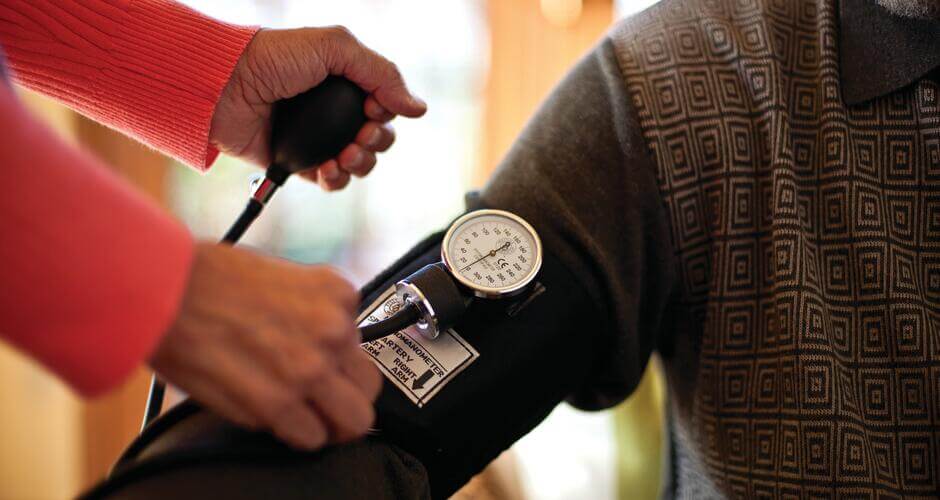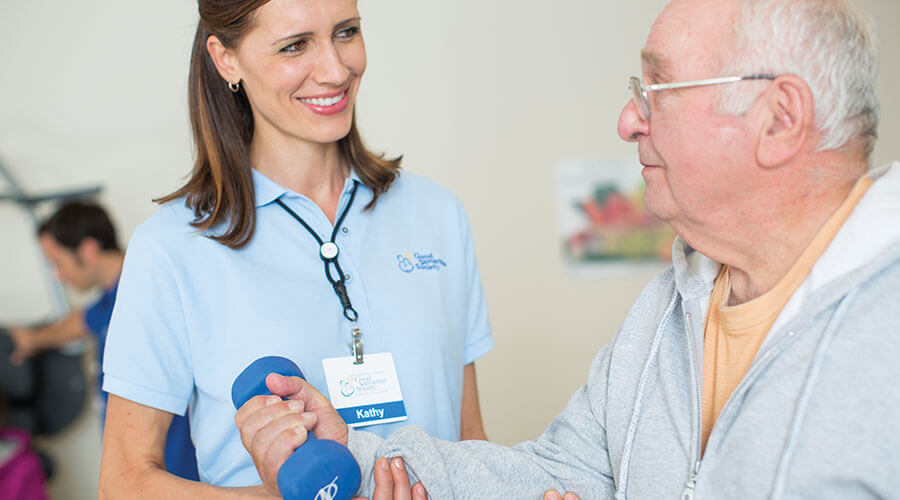In the United States, heart disease is the leading cause of death. And while it can affect people at any age, older adults are more at risk.
Luckily, there are steps you can take right now to start lowering your risk.
Eat healthier
A heart-healthy diet is rich in fruits, vegetables, whole grains, lean proteins and low-fat dairy coupled with limited saturated fats, trans fats and sodium. Try adding foods that are rich in omega-3 fatty acids, fiber and antioxidants.
Move your body
Adults over 65 should aim for around 150 minutes of moderate-intensity activity each week. Find activities that are appropriate for your fitness level and ability like walking, swimming or yoga. Before starting anything new, talk to your health care provider.
Quit smoking
Smoking is a major risk factor for heart disease. Quitting has immediate and long-term positive effects on the heart like lowering blood pressure, improving blood circulation, and decreasing the risk of heart disease and certain cancers.
Limit alcohol intake
Moderation is key. Women should limit themselves to one drink a day, while men should limit themselves to two.
Manage stress
High levels of stress have been connected to heart disease. Practice stress-reducing activities like meditation or deep breathing exercises. Many hobbies can also help improve mental well-being.
Get enough sleep
Try to get seven to nine hours of sleep every night. Poor quality of sleep and bad sleeping habits can contribute to heart problems.
Monitor your blood pressure
High blood pressure, or hypertension, is a common concern and a major risk factor for heart disease. Talk to your doctor about whether regular at-home monitoring is necessary for you.
Take your medication
Seniors should take prescribed medications as directed by their health care provider. This is crucial for managing conditions like hypertension or high cholesterol.
Stay on top of screenings and checkups
People ages 40 to 75 should get a heart screening every 10 years. As you get older, you should also start diabetes screening, as it is a significant risk factor for heart disease.
It’s also important to schedule regular check-ups with health care providers to monitor blood pressure, cholesterol levels and other cardiovascular risk factors.
Lifestyle changes like these are most effective as part of a holistic approach to heart health. Before making any significant changes, consult with your health care provider for advice based on your individual health needs.




